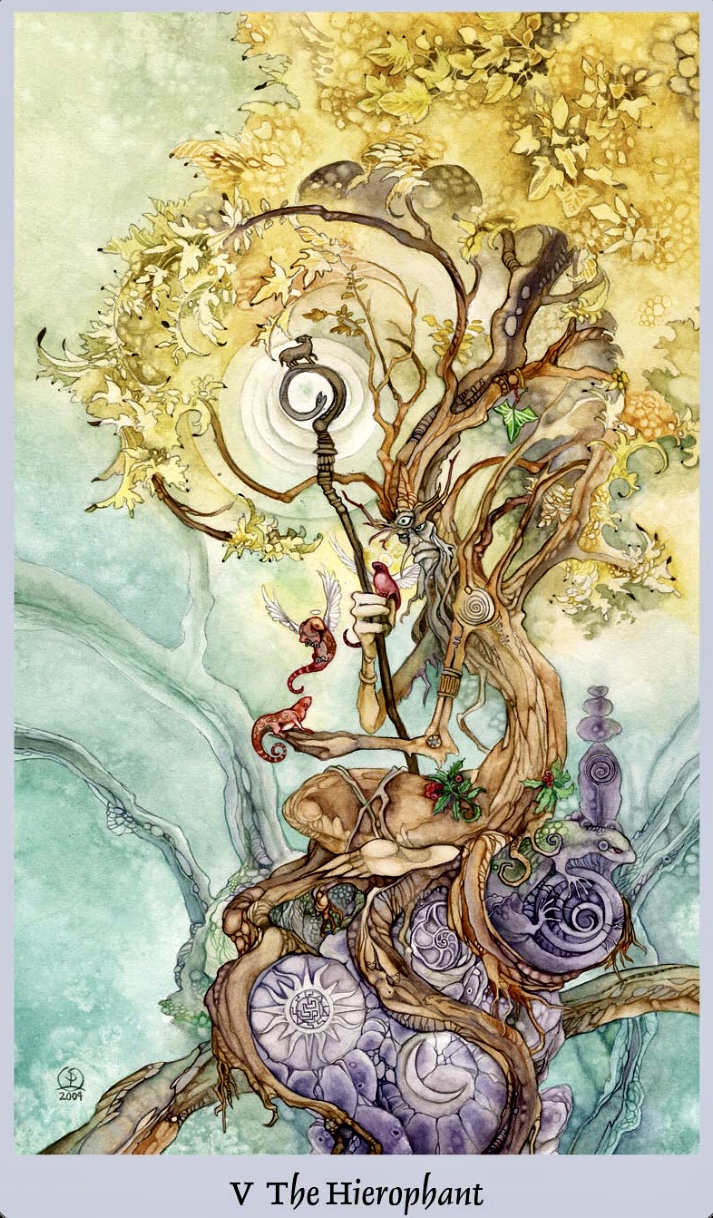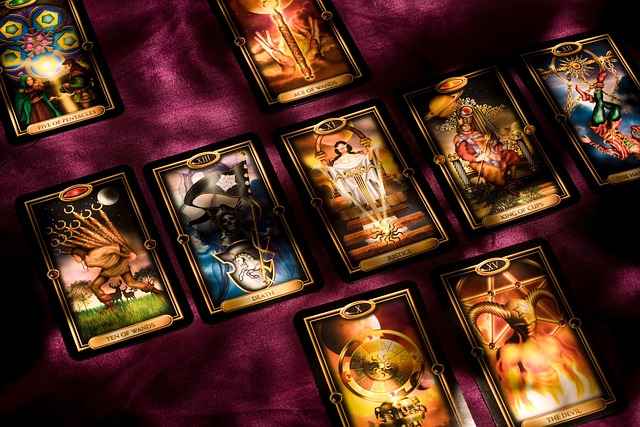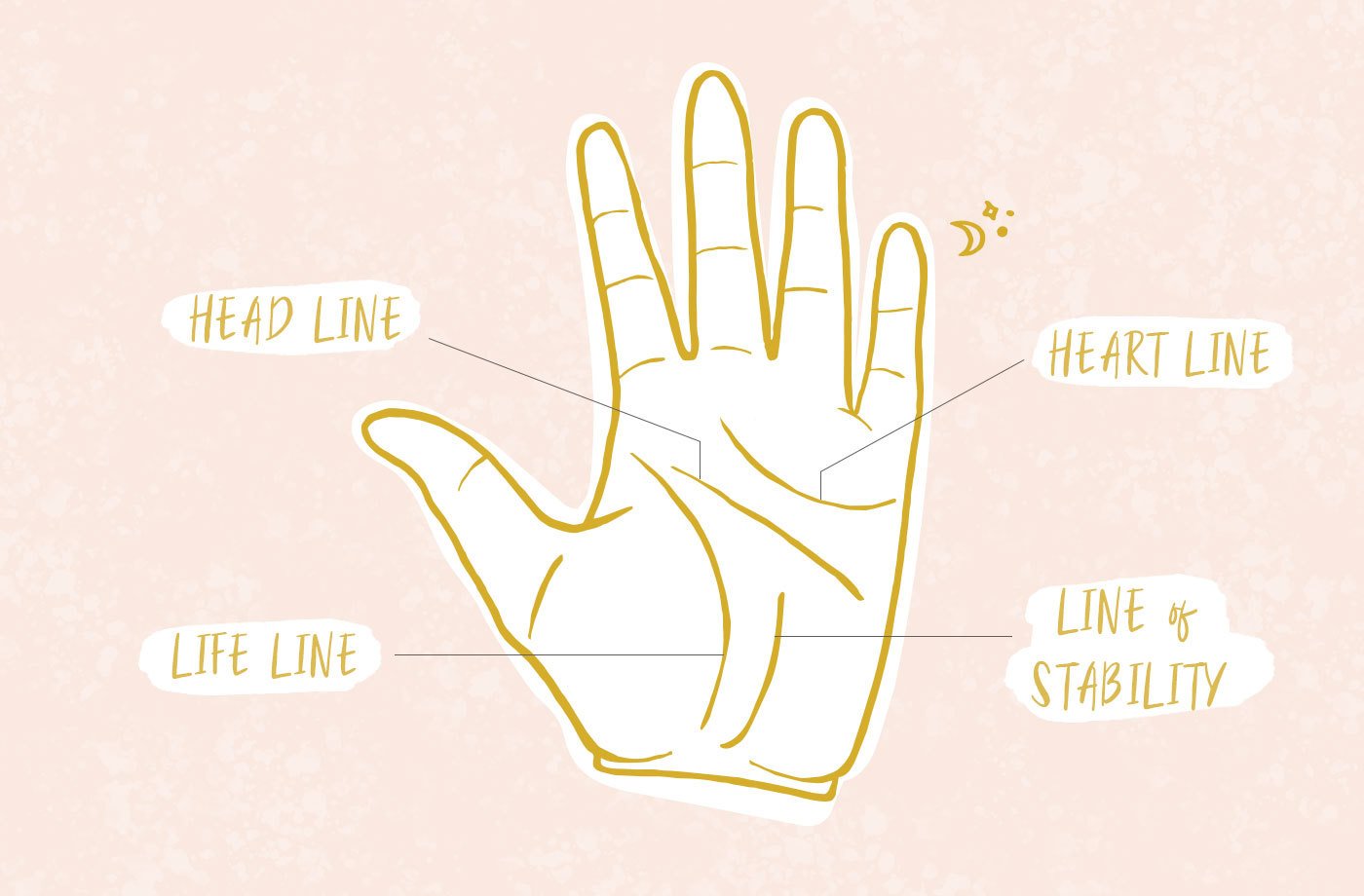
The Magician (I), also known as The Magus or the Juggler, is the first trump card of the tarot. This card is often used for divination, but is also used for game playing. Its divination meaning is more well-known to English speakers. This article will give you some information about the card's meaning.
Meaning of the Tarot card
The Magician I (or Magician) is the first card that can be used to determine the trumps in tarot. This card can be used to both divinate and play tarot. English-speaking persons are most familiarized by the divination meaning. However, the meaning of the card can also be interpreted in other ways.
Tarot card meaning of magician may reflect your deepest wishes and allow you to realize your true potential. This card can help you start new projects or modify your existing ones. This card will help to open new doors and attract new partners.

His head bears the sign of infinity
The infinity symbol has many meanings. Some are associated with eternity, everlasting love, and others symbolize duality or empowerment. It also symbolises the ancient concept that perfection is possible. The symbol is also related to the 0 and 8 figures, which symbolize divine and material power.
The symbol is placed over The Magician's head to signify infinite knowledge. Moreover, the magician is believed to harness divine energies. The infinity symbol on his girdle represents the unlimited power of the mind.
Pug archetype: Meaning
The archetype of a magician is often represented by a Pug. Arthur C. Clarke said that a sufficiently advanced technology can be indistinguishable magic. The magician's archetype begins with an idea, challenges it and ends with great achievement.
The mentor archetype often has a connection to the magician archetype. The magician is often a kind, wise, and compassionate figure, though they aren't always trustworthy. Depending on the situation, they can be a good man or a bad person. Gandalf and Merlin are two examples of classic magicians.

Tarot card meanings of Pug
In a Tarot card reading, the magician uses the Pug to represent the concepts of will power, creativity, manifestation and will power. This can also refer to the ability channel energy and other resources. The Fool will encounter the Magician first when they read the Tarot.
This card represents the power and imagination. It can also be used to indicate the desire and need to follow a leader in order become more organized. The Hierophant also represents education within a system, or structure. The Pug in a Tarot deck reading by a magician does not always signify the ability of controlling another's mind.
FAQ
What are the best ways to find a hobby?
When you first start your journey into finding a hobby, you may feel like you've got nothing to choose from.
You may be thinking, "I'm just not artistic" or "I hate sports," or perhaps "I don’t even know what I know."
There is a good chance that you have some experience with hobbies.
It's just not something you're aware of.
Have a look at your home. How much stuff are you able to store?
Do you have any toys from the past?
Perhaps you own a collection or magazines.
Perhaps you've always wanted a career in cooking.
Maybe you want to get back into playing the guitar.
Whatever it is, there's likely something you can turn into a hobby.
Realize that you have many experiences already.
Once you have done that, you will be able choose a hobby that suits your lifestyle.
How do you get started with your new hobby or interest?
The first step toward starting any new hobby is to decide what kind of activity you'd like to pursue.
Passion is key once you have chosen your topic.
Understanding why you are interested in a hobby is important. This will help give you direction and provide a purpose.
Once you decide what kind of hobby you want, you can start planning.
Consider the equipment that you will need.
Consider whether you need to attend classes or seminars.
Make sure that you have enough space in your home for your hobby.
It might also be worth considering joining a group or club. These groups can offer support and guidance.
Finally, think about how much money you would need to spend on your hobby.
What are some good hobby ideas?
Hobby Ideas for People who Love to Learn and Teach Others.
Hobbies allow you to enjoy what you love while also learning new things.
While there are many types of hobbies available, most share the same characteristics. These are fun, easy activities that cost little and don't take too much effort.
They often involve helping others, such as teaching an instrument to someone or building an airplane model.
While you may not see yourself as a teacher at first, chances are that there is something you could do for someone else.
Consider starting a hobby to use your creativity to help others.
What hobbies are best for introverts and what types of hobbies would they enjoy?
The ability to focus on just one thing is a hallmark of introverts. They enjoy solitude and prefer to read, write, play music, watch movies, etc.
They also like to be alone. They are not social creatures and don't want to be around people all day. In fact, they often find themselves bored when surrounded by people.
Introverts may choose to do hobbies that are more alone-oriented. You might find them reading books, listening, playing music, taking photos, writing poetry or painting.
Some introverts will even live alone. This allows them to focus on their hobby without being distracted by other things.
What are good hobby ideas?
You can find the best hobbies that you love doing for yourself. You'll be more motivated to do what you love. This will give you a reason for not feeling well, or tired.
There are many hobbies that we all enjoy: gardening, painting and crafts; photography; cooking; sports and games; reading music and film-making; collecting; cycling, walking, dancing and writing; playing instruments and other musical instruments.
You might also consider volunteering at a local charity shop or animal shelter, children’s hospital, hospice, elderly home, school, community centre, church, and other places.
If you're looking to do something more adventurous, Why not take up scuba diving, rock climbing, sky diving, bungee jumping, white water rafting, sailing, surfing, canoeing, kayaking, horse riding, zip lining, hang gliding, paragliding, skydiving, snowboarding, skiing, mountain biking, hiking, camping, fishing, hunting, archery, shooting, clay pigeon shooting, target shooting, golf, tennis, swimming, snorkeling, windsurfing, waterskiing, kitesurfing, wakeboarding, standup paddle boarding, hang gliding, parasailing, hot air ballooning, paragliding and many more.
There are many ways to enjoy nature, even if you don't want to travel far. These include caving and cave tubing.
What are some competitive hobbies?
Running, swimming, cycling and tennis are all competitive sports.
These games are often played by people who enjoy exercise but also offer the opportunity to interact with others.
If your hobby is physical activity, chances are that others share it.
This may mean joining a club or group where you meet regularly to play sports together.
Participating in group games, which involve playing alongside others, is another option.
These include soccer (soccer), rugby, netball and hockey.
There are many types and levels of competition.
Some competitions can be used for only recreational purposes.
Others are intended to test competitors' skill.
Others are also designed to reward exceptional performance.
The winners are awarded prizes in these cases.
Other competitions test strength and endurance.
These are called endurance events.
For example, marathon races, triathlons, Ironman Triathlon, etc.
Athletes train hard before they compete in these events.
They will adhere to a strict training program that prepares them mentally as well as physically.
They might also have to travel for preparation.
It's important not to forget that not all athletes are able to compete in every type event.
Statistics
- This 100% accurate personality-analyzing hobby quiz discovers your passion based on your characteristics. (quizexpo.com)
- The intensity of the dialogue partners' bond at the end of the forty-five-minute vulnerability interaction was rated as closer than the closest relationship in the lives of 30 percent of similar students. (time.com)
- The Role of the Mind in Sex, Dating, and Love: Men in the “humor” condition received phone numbers from 42.9% of the female participants and were refused 57.1% of the time. (time.com)
- A new survey by Pew Research Center of teens ages 13 to 17 finds that 36% of girls feel tense or nervous about their day every day; 23% of boys say the same. (pewresearch.org)
- 37% Video Games 36% Travel 36% Health and Fitness (quizexpo.com)
External Links
How To
How to learn a music instrument
There are many ways you can learn to play music. You have the option of going to school, buying a book or taking lessons from someone who plays an instrument. Or, you can watch videos online. Here are some tricks and tips to help you find your way.
-
Find something that interests your interest. Try another instrument if you don't love any of the ones you see. If you don’t enjoy playing an instrument it will be hard for you to get into it.
-
Be patient. It takes time to learn something new. Expect to not be able master all things immediately. Instead, practice every day.
-
You should practice often. This can be done even when you are tired. This will ensure that you won't forget what you learned.
-
Find a quiet place to practice. A quiet room where you won't disturb anyone else is ideal. Make sure there aren't distractions. It is best to avoid listening to loud music nearby.
-
Have fun! Music should be enjoyed. It is important to have fun when practicing. You will be motivated to do more if you have fun.
-
Set goals. Setting goals will help you to know exactly what your goal is. Failure is not an option.
-
Keep track of your progress. Write down all of your accomplishments and failures. You will be able to improve your skills over time by writing down all of your achievements and failures.
-
Take breaks. Sometimes it is enough to just stop and think. It is a good idea to take breaks so you can think about everything.
-
Ask questions. Ask other people if you have any doubts or confusion regarding certain aspects of the instrument. They may be in a position to assist.
-
Listening can teach you a lot. Many musicians enjoy listening to their favorite songs and trying to imitate them. This helps them understand basic concepts behind the song.
-
Read books. Read books to learn more than just watching videos or learning from classes. Books can also provide information that is not available elsewhere.
-
You can join a band. Playing with others forces you to practice more. You will also meet others with similar interests to yours.
-
Take a look at tutorials. Tutorials are short videos that explain various topics in great detail. These videos often focus on one aspect or part of the instrument. Tutorials can be helpful in understanding difficult parts of an instrument.
-
Try different methods. Some prefer to learn by listening, while others prefer reading. You can experiment until you discover what works for you.
-
Practice makes perfect. It is not possible to become an expert overnight. It takes a lot of work to be able to perform well.
-
Play along with other musicians. You can learn faster by listening to other musicians play your favorite songs.